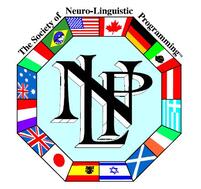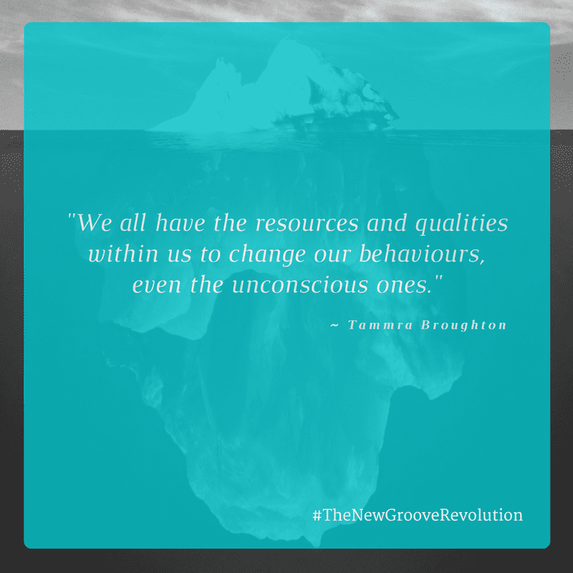|
Why do people react so differently to identical messages? If you’re speaking to a group, why are some people spellbound and others completely indifferent? If you tell a joke, why does one person roar with laughter while another person doesn’t even move a muscle? A lot of it has to do with our own internal mental software or what in NLP (Neuro Linguistic Programming) is called “metaprograms”. “Meta” means to go above, thus metaprograms are the programs that run our programs. They are our most unconscious internal screening and sorting mechanisms. It is how we decide what to pay attention to or not, and what we do with that information once we have it. To function at all, we have to decide what to delete, distort and generalize of all the information coming at us at any given time. It is our own unique filing and sorting system and our way of coping with the world. For example, do you move towards a carrot or away from a stick? (Are you motivated by desire or by pain?) Do you notice what is the same in situations, or only what is different? Do you make decisions based on how you think or on how you feel? Do you like things to be outlined, planned and orderly, or do you prefer to be more flexible and spontaneous? Do you know if you’ve done well by a feeling inside or does some one else have to tell you? Do you like to know all the details first or the big picture first? Are you concerned mostly about yourself, mostly about others, or a little bit of both? Are you motivated because you have to do something or because you want to? Are you convinced something is true right away or does it take a number of times or a period of time? Are you proactive or reactive? These are only some of the metaprograms. Of course, how we sort and react may be different in different contexts. Generally we may favour one way of thinking or feeling about things more than another. We may lean a little to one way, we may use both equally, or we may swing way over to one side in certain situations. They are preferences, and we may use the full range of them over any given day. They may change over time and be different depending on our emotional state at the moment. There is no right or wrong way to do these, although some metaprograms work better in certain contexts. What is important is if you can act in the most useful way for the task you have to do. It’s also possible to change your metaprograms. If you’re moving toward something, your brain is deleting what there is to move away from. If you’re moving away, your brain is deleting what there is to move toward. To change your metaprograms, all you need to do is become aware of what you are deleting and begin to focus your attention on them. There are things you want to move away from such as a hot fire, a dangerous lifestyle, etc. But aren’t there things you would really like to move towards? Isn’t that what gives you control and what great leaders do? By becoming aware of these patterns you can consciously change them and get more of what you want in life as well as communicate better with others. Understanding other peoples’ metaprograms can help you be an effective communicator, in both your career and personal life. When you fail to get your message across, often it isn’t the content of what you are saying that needs to change, but rather the ability to be flexible and alter it’s form to more closely fit the thinking styles of those you are communicating to. If you are speaking to a group of people, use the whole spectrum if need be, i.e., “here’s what we want to accomplish and here’s what we need to avoid.” In discussing this, it is also important to realize that people are NOT their behaviours, they HAVE behaviours. People are always doing the best they can, given their life experiences. People have all the resources they need to make changes if they want to. They may just need new information or different strategies to assist them. © 1998-2014 - Monika Nygaard, MA, is a Certified Trainer of Neuro Linguistic Programming, Time Based Therapies and Hypnotherapy, as well as having her own private practice. She can be reached at 250-246-2460 or nlp4change@shaw.ca or www.quantumchangenlp.com. "I have now been to 3 of Monika's trainings. Her Practitioner and Master Practitioner NLP full course trainings as well as her Advanced NLP Counselling training. I loved taking Monika's courses because she is from the old school methods of teaching and I felt she was thorough, gave us as much as she could, spent time with the most important pieces and was very open to hearing our suggestions. Her own extensive training in so many areas is what sets her above many other trainers in this field and made her classes more than what came in the binder and that is why I keep going back to her. Monika is a down to earth, high integrity trainer and has become a friend I admire. NLP has allowed me to breakthrough my own debilitating panic attacks that were a result of many deeper issues. I am now a successful home based entrepreneur and know that because of NLP I have the ability to build rapport quickly and authentically share my products and services with others and I can provide high value for my colleagues, business partners teams, clients and customers. Thank you Monika, I know I will see you again soon! Your work is amazing, please keep sharing it Monika." ~ Tammra Broughton |
Important Notice: my site uses affiliate links - please read my disclaimer HERE . It doesn't cost you anything to use these links so if you do link through me, I truly appreciate your support, thank you.
Hi I'm TammraI live in beautiful in the Comox Valley in British Columbia, Canada and I am uber passionate about holistic health, music, art and being playful. Want to know more about me- read my story here. |





